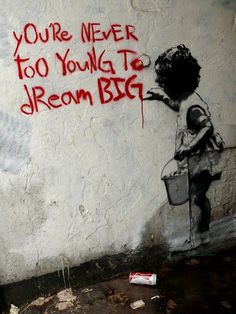Economically Disadvantaged Students K-12

Written by Don Allen, M.A. Ed. /MAT Economically Disadvantaged Students K-12 According to a study done economically disadvantaged students are the ones that mostly belong to a household that meets the income standards for free or reduced-price meals. This is because they live in poverty. This information about the economic status of individual students has been a result of county data on scholarship information and post-secondary options information. Economically disadvantaged children have a hard time succeeding in school. Most of the students in this state tend to drop out of school and choose a low-paying job because it is hard for them to keep up with their well-off peers. They become a center of ridicule because they cannot be able to afford to dress in fashionable clothes or even pay a fee for an educational trip (Thompson). There are various reasons as to why there are economically challenged students, first is the income status. Poverty either situat...
